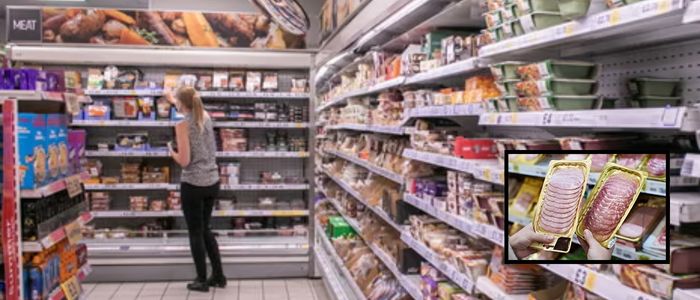The soaring cost of chocolate has been blamed on poor cocoa harvests in Ghana and Ivory Coast as a result of bad weather. The supply-and-demand equation put pressure on cocoa supplies and pushed global stocks to record lows as prices soared.
Inflationary Tendencies Several Factors Behind It
Some economists think the recent increase in food prices could be businesses passing on higher costs - something that could have been driven, for example, by the rise in National Insurance contributions and the increase in the minimum wage which came into effect in April. The moves were included in Chancellor Rachel Reeve's budget plans to raise £25 billion.
Although a surge in food prices was a source of inflationary pressure, falling travel costs helped to dampen overall price rises. Those figures were tempered by a fall in the cost of plane tickets from comparisons with the same time last year — because Easter and half-term school holidays are at different times in the calendar.
Public and Retail Reaction
With a rate of inflation still above the Bank of England’s 2% target, it is also unlikely that we will see a cut to interest rates at the next meeting. Chancellor Rachel Reeves reiterated the government's focus on investing in the country to help working people. Shadow Chancellor Mel Stride, in the meantime, blasted the figures as worrying for families as he warned that current economic policy is pushing up the price of essentials.
Retailers have also complained, arguing that the costs from the budget changes could not all be absorbed and were adding to price pressures. Kris Hamer, director of insight at the British Retail Consortium, said price pressure was to be expected in the current financial climate.
On the consumer level, some small-business owners are seeing a shift in spending habits. Zanya Omer, who runs the Harbour Grind coffee stand in Whitstable, said that although retirees so far still seem to be spending, younger families are more reluctant to part with money, often shopping around and trying to find better value.
Hidden costs such as card fees have forced her to start giving cash discounts, and despite the difficulties she settled on holding her prices steady for now. “I would go out of business if I raise my prices,” she said.
Health

UK chocolate prices soar as inflation holds steady

UK inflation slowed to 3.4% in the year to May, the same rate as in the previous month, close to its highest in a year. Though the headline rate was unchanged, the cost of food increased for the third consecutive month, climbing to 4.4% in May—the highest rate since February last year. The hardest-hit item was chocolate, whose price surged an annual 17.7 percent, the biggest such increase since records began in 2016.















